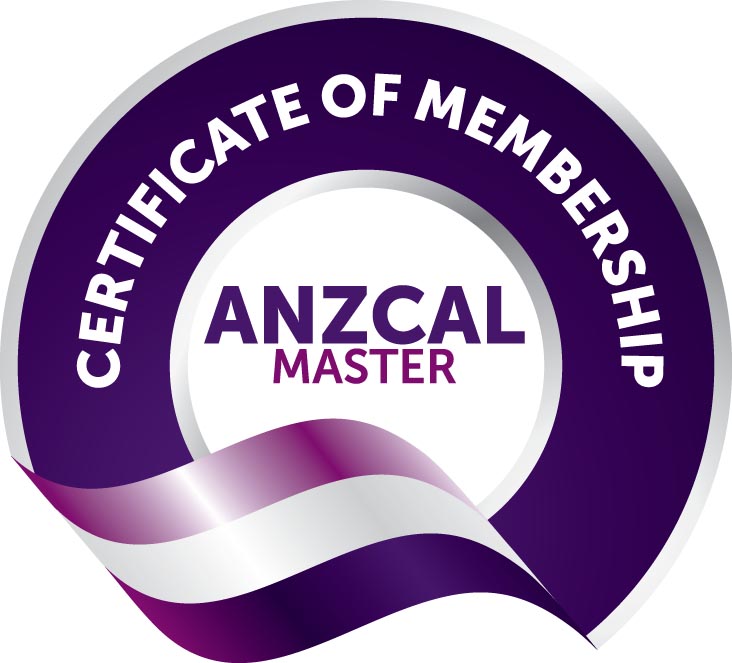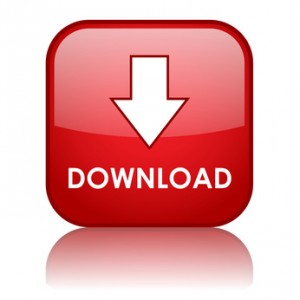Teaching is a demanding profession that requires constant reflection and adaptability. Reflective journaling offers a powerful way to process experiences, refine practices, and enhance professional growth. It’s more than just writing down your thoughts—it’s a structured way to explore your journey as an educator, fostering self-awareness and intentionality in your work.
The Benefits of Reflective Journaling
Reflective journaling is a simple yet transformative tool for teachers and leaders and their personal and professional development. By dedicating time to write about your experiences, you can gain insights, identify growth areas, and celebrate progress. Here are some of the benefits:
- Develops Self-Awareness
Reflective journaling helps you identify your strengths and areas for improvement. By writing about your daily experiences, you begin to notice patterns in your teaching style and interactions with students, uncovering what works and what needs adjustment. - Reduces Stress
Teaching can be emotionally taxing, and journaling serves as an outlet for releasing pent-up frustrations. Putting your thoughts on paper allows you to process challenging situations constructively, lightening your mental load and promoting emotional balance. - Encourages Goal Setting and Tracking
Regular reflection helps you set meaningful professional goals and monitor your progress. Whether it’s improving classroom management, introducing innovative teaching strategies, or fostering better relationships with students, journaling provides clarity and motivation. - Supports Creativity and Problem-Solving
Journaling encourages innovative thinking by giving you the space to brainstorm and analyse solutions to recurring challenges. Writing down ideas sparks creative approaches that you can test and refine in your teaching practice.
How to Start a Reflective Journaling Practice
1. Choose a Format
Use a notebook, app or voice notes.
2. Set Aside Time
Start small by dedicating 10-15 minutes daily or weekly to journaling. Choose a quiet time—perhaps after school or during the weekend—when you can reflect without distractions.
3. Use Prompts to Guide Your Writing
Sometimes, it can be hard to know where to start. Prompts can help you focus your thoughts. Examples include:
-
- What went well in my teaching today?
- What was the most challenging moment, and how did I handle it?
- What strategies can I use to improve student engagement?
- How did I support my students emotionally this week?
Over time, these reflections help you develop a deeper understanding of your practices.
4. Stay Consistent
Consistency is key to gaining the most from reflective journaling. Consistent journaling not only enhances your professional growth but also supports emotional wellbeing. Make it a habit by setting reminders or linking it to an existing routine, such as your end-of-day classroom cleanup or Sunday lesson planning.
5. Review and Reflect
Periodically revisit your previous entries to identify growth and recurring themes. This practice highlights your progress and reminds you of lessons learned, reinforcing positive changes in your teaching.
Maximizing the Impact of Reflective Journaling
- Share Insights with Peers: Use your reflections to contribute to team discussions or professional development sessions. Your observations can spark meaningful dialogue and shared learning.
- Adapt Journaling Formats: While traditional pen-and-paper journaling works well, you can also use digital tools like apps or voice memos if that feels more convenient.
- Incorporate Visuals: Consider adding diagrams, doodles, or mind maps to your journal to make it more dynamic and engaging.
The Transformative Power of Reflective Journaling
Reflective journaling isn’t just a tool for personal growth; it’s a pathway to becoming a more intentional and effective teacher. By fostering self-awareness, reducing stress, and promoting creative problem-solving, journaling empowers you to navigate challenges with clarity and confidence.
When you take time to reflect, you’re not just improving your professional practice—you’re investing in your overall well-being and reigniting your passion for teaching. So, grab a notebook or open a new document, and let your reflective journey begin!
© Gaynor Clarke, January 2025
Don’t wait to take care of yourself. Your wellbeing matters. Enrol in our course today:
Teacher Wellness First: A Wellbeing Guide for Early Childhood Leadership Success
Gaynor Clarke
B.Ed (Teaching), Cert Tertiary Teaching, PGDip Ed, MEd Leadership
Reach. Teach. Lead.
Reach Education Ltd
Teacher Leadership Mentoring and Life Coaching. Personal and Professional Development.
Gaynor is a teacher educator and mentor facilitating personal & professional leadership wellbeing outcomes for teachers.
If you are an early childhood teacher or leader looking to enhance your leadership skills, I would love to work with you. As a leadership mentor and coach, I specialize in helping early childhood educators develop their leadership potential and make a positive impact for the ākonga they serve. If you are interested in learning more about my leadership mentoring services, please visit my website or contact me directly to schedule a consultation. I would love to work with you!








Leave a Comment
You must be logged in to post a comment.